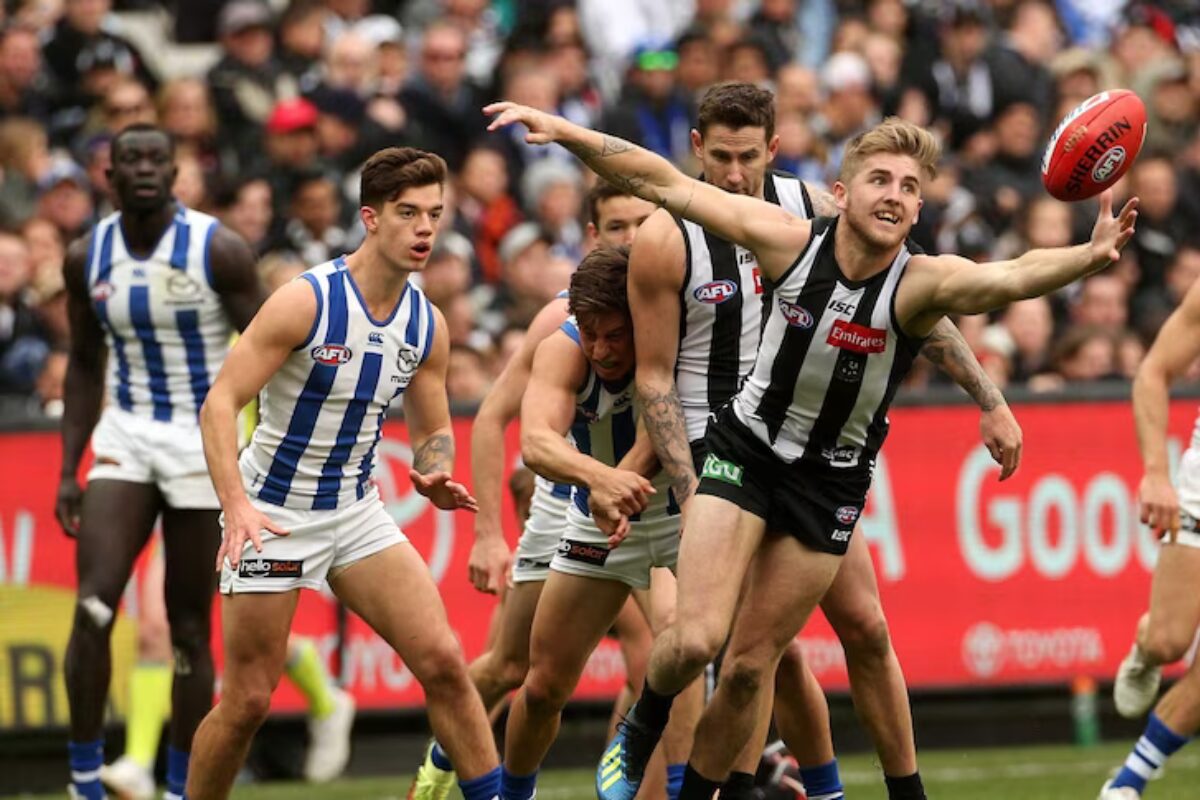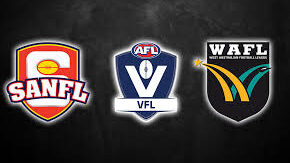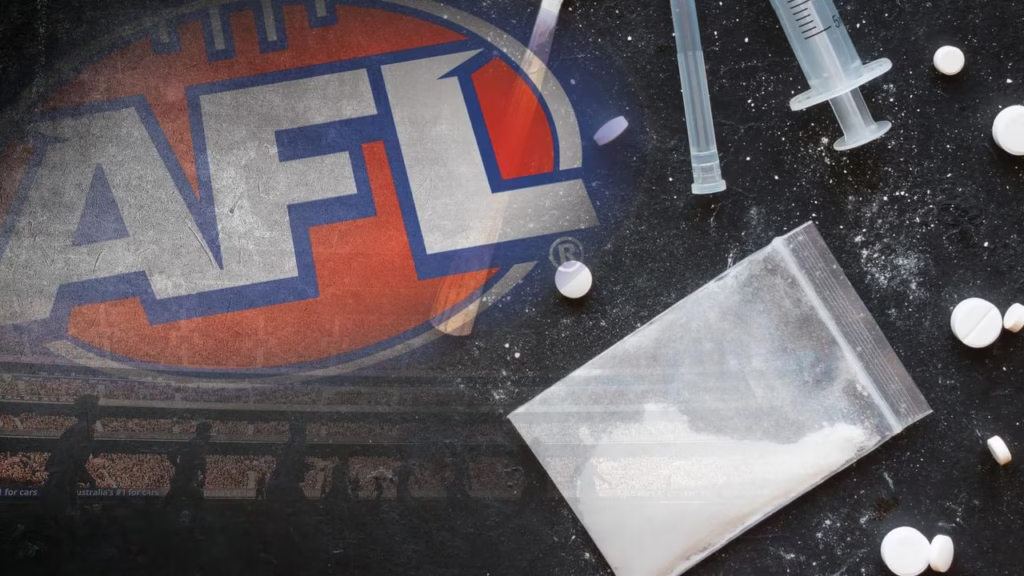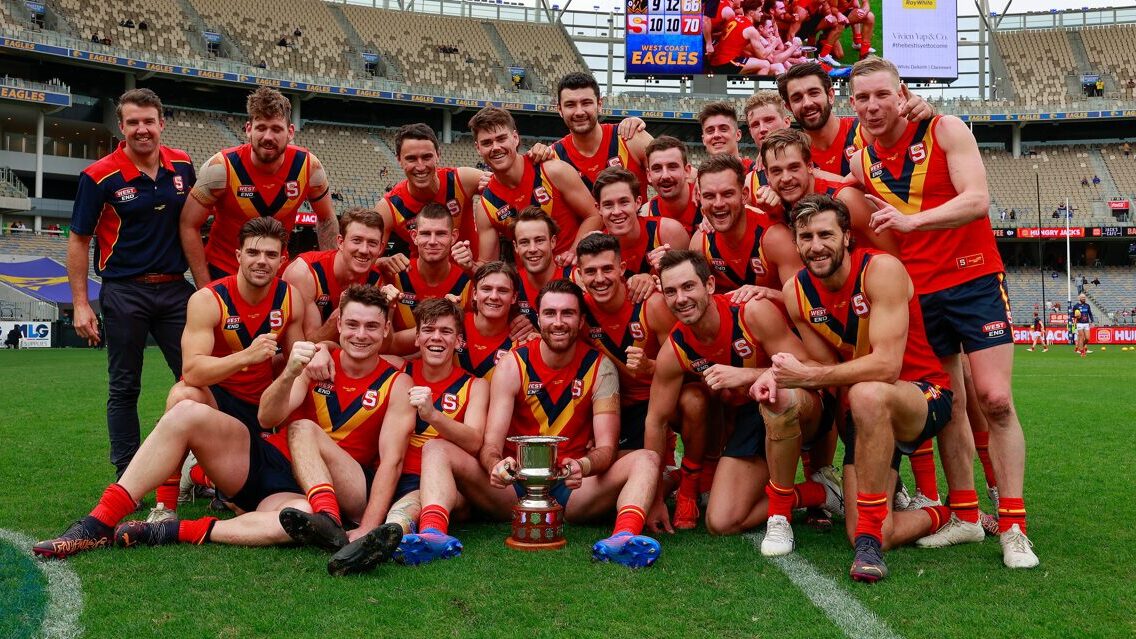The suspension of Rhys Mathieson has raised an uncomfortable truth: anti-doping enforcement in Australian football doesn’t end at the AFL level (AFL former player banned). His case proves that even tests conducted in lower or state-league competitions can trigger full-scale bans under the AFL’s integrity code.
For current players, ex-professionals, and community-club organisers, the lesson is simple — participation under any AFL-linked banner still brings national-code obligations.
AFL former player banned: AFL anti-doping code beyond the top tier
The AFL Anti-Doping Code mirrors the World Anti-Doping Agency (WADA) framework and applies to anyone competing in affiliated competitions. This jurisdiction includes not only the 18 AFL clubs but also state-level leagues such as the QAFL, SANFL, WAFL, and various community divisions.
Therefore, a player leaving elite football but continuing in these competitions remains fully testable. The system ensures that standards of integrity and fairness are upheld consistently across the national game.
The Wilston Grange (QAFL) case details – AFL former player banned
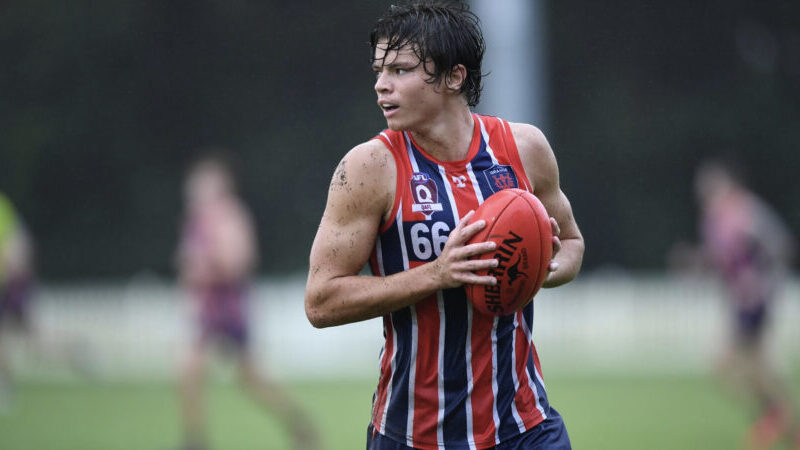
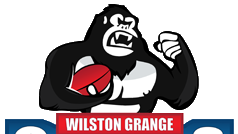
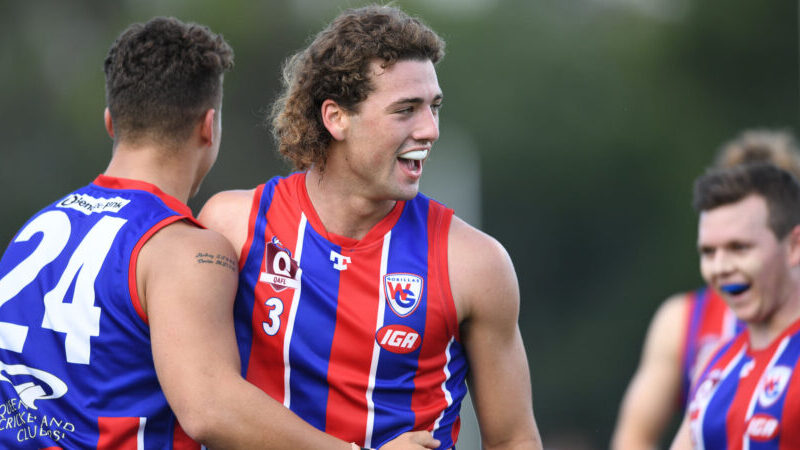
Mathieson’s positive test occurred while representing Wilston Grange in the QAFL, well after his Brisbane Lions career ended. He tested positive for oxymetholone, an anabolic steroid used for muscle gain.
Even though the game was played at a state-league oval, the result triggered a three-year ban recognised across all levels of Australian rules football. That outcome highlights how enforcement at lower leagues can carry the same weight as AFL-level penalties.
Ex-AFL player faces mega ban over performance-enhancing drugs
A former AFL player has been banned from playing football at any level after testing positive to performance-enhancing substances. Full context, reaction, and what it means for his future.
Why lower leagues matter in doping enforcement – AFL former player banned
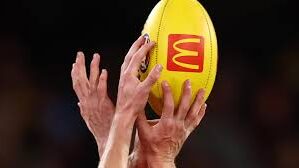
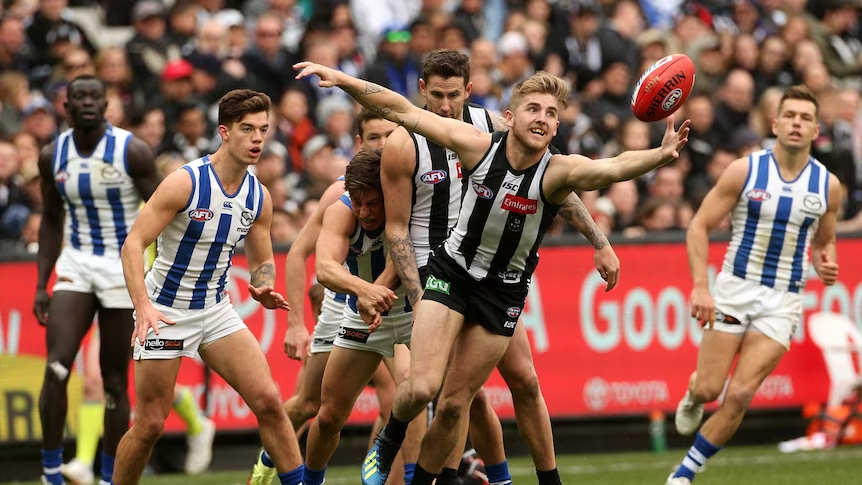
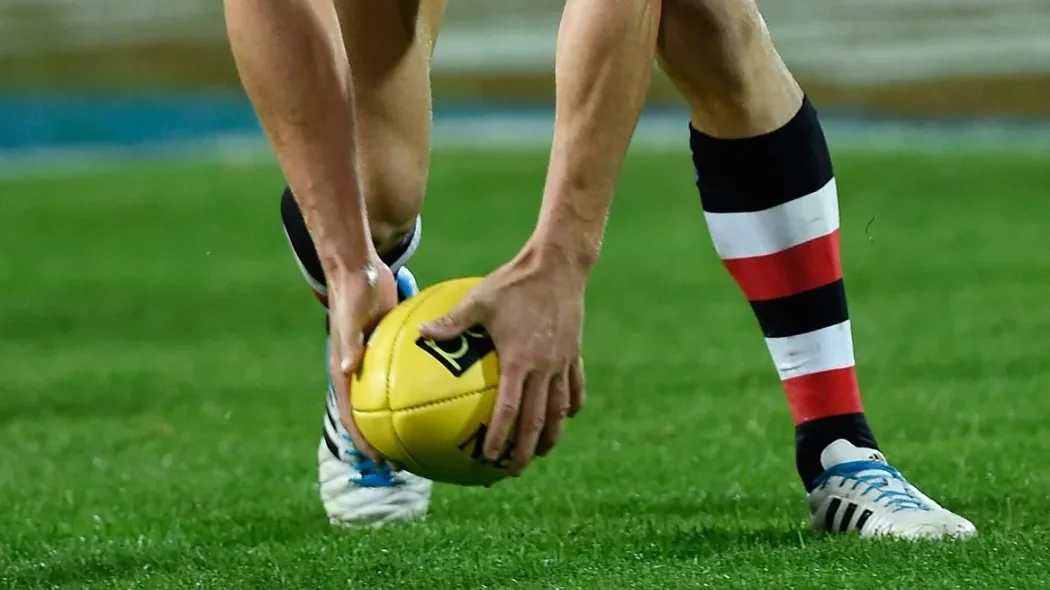
Lower-tier competitions form the base of Australia’s football pyramid. They feed players upward, support returning veterans, and shape community values. Consequently, doping breaches at these levels can undermine the credibility of the entire sport.
Testing in leagues such as the QAFL acts both as prevention and deterrent. While the frequency is lower than the AFL’s, the potential consequences are identical. One positive test can erase seasons of work and damage reputations statewide.
Responsibilities of community clubs, coaches and players (AFL former player banned)
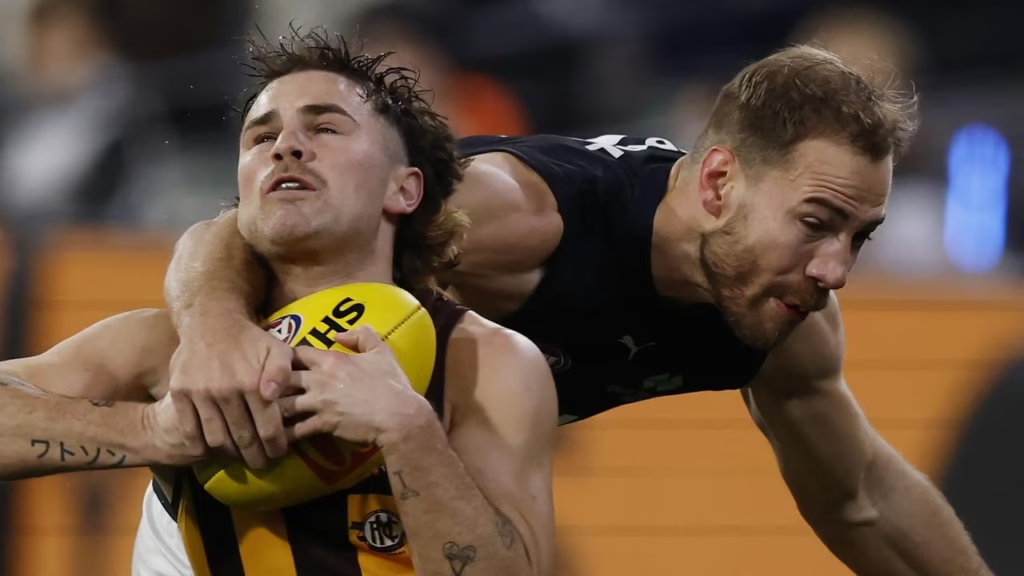
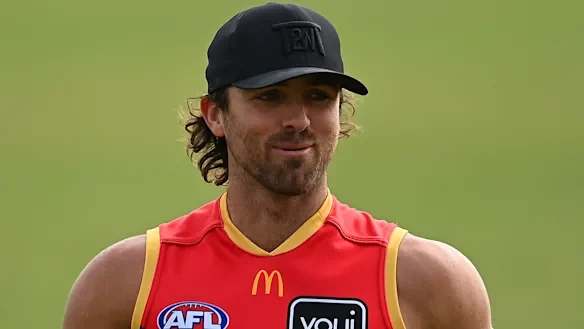
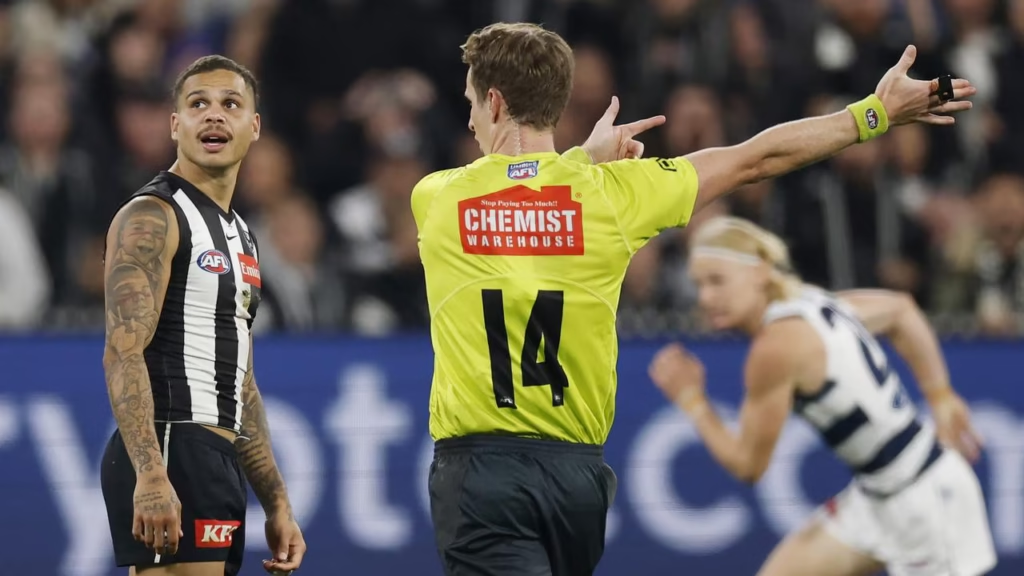
Community clubs must not assume they sit outside anti-doping rules. Coaches and team managers should educate players on supplements, recovery products, and legal responsibilities.
Regular briefings and access to Sport Integrity Australia resources can prevent accidental violations. Meanwhile, players — even part-timers — should disclose any medication or supplement use through their clubs. Education and transparency cost little but can save careers. The responsibility for compliance is shared, not optional.
AFL former player banned – Policy recommendations for the broader football ecosystem



- Unified education modules: The AFL and state bodies should deliver identical anti-doping sessions from elite to community levels.
- Funding for testing programs: More support is needed for random tests in regional leagues to maintain deterrence.
- Exit briefings for retiring players: Every departing AFL player should receive a formal reminder of continued jurisdiction.
- Public communication: Promote transparency when sanctions occur to reinforce awareness without sensationalism.
With these steps, the AFL ecosystem can close the gap between headline integrity policies and real-world application.
AFL former player banned : Anti-Doping Awareness Across Football Levels
| Level of Football | Testing Frequency | Typical Awareness |
|---|---|---|
| AFL Elite | High | High |
| State / QAFL etc. | Moderate | Variable |
| Amateur / Community | Low | Lower |
The AFL anti-doping code reaches far deeper than many realise. Mathieson’s ban demonstrates that every registered league operates within the same integrity framework.
For clubs and players alike, ignorance is no defence. Whether in Darwin, Perth, or Brisbane, the standards are the same: play clean, stay informed, and respect the code that protects the game’s future. Source : News on au

